The spirit of resistance to government is so valuable on certain occasions that I wish it to be always kept alive
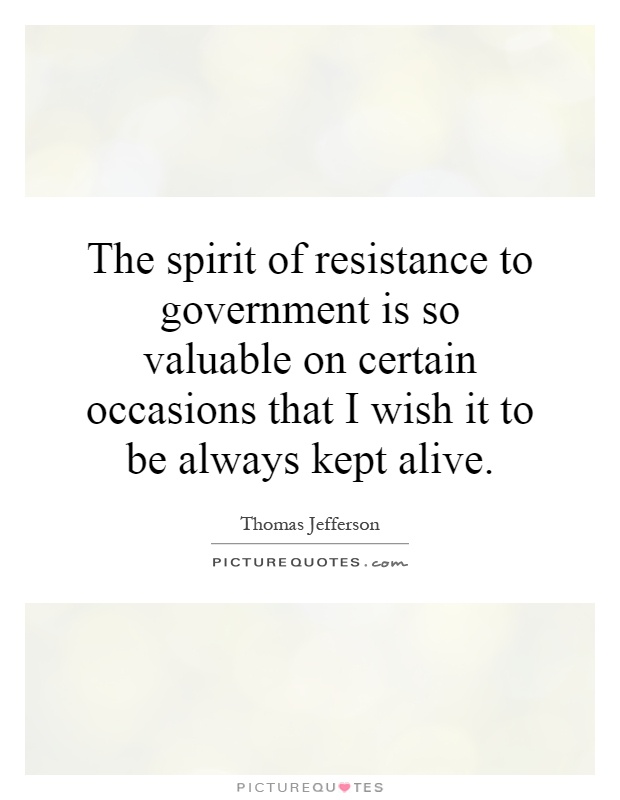
The spirit of resistance to government is so valuable on certain occasions that I wish it to be always kept alive
Thomas Jefferson, one of the founding fathers of the United States and the principal author of the Declaration of Independence, was a firm believer in the importance of the spirit of resistance to government. He understood that a healthy skepticism of authority and a willingness to challenge the status quo were essential components of a functioning democracy.Jefferson's famous quote, "The spirit of resistance to government is so valuable on certain occasions that I wish it to be always kept alive," reflects his belief that citizens should not blindly trust their government, but instead should be vigilant in holding their leaders accountable. Jefferson recognized that power can corrupt, and that without a vigilant and engaged citizenry, governments can easily become tyrannical.
Throughout his political career, Jefferson consistently advocated for limited government and individual liberties. He believed that the people should have the right to resist oppressive or unjust laws, and that dissent was a necessary check on government power. Jefferson himself was no stranger to resistance, having led the charge against British colonial rule in the American Revolution.
In his first inaugural address in 1801, Jefferson famously declared, "We are all Republicans, we are all Federalists." This statement reflected his belief in the importance of unity and compromise in a democratic society, but also hinted at the need for dissent and opposition to keep the government in check.
Jefferson's commitment to the spirit of resistance was not just theoretical. As president, he faced numerous challenges to his authority, including the controversial Louisiana Purchase and the Embargo Act of 1807. Throughout his presidency, Jefferson remained steadfast in his belief that the people had the right to resist government overreach and that dissent was a vital part of the democratic process.

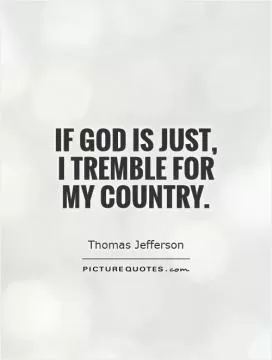
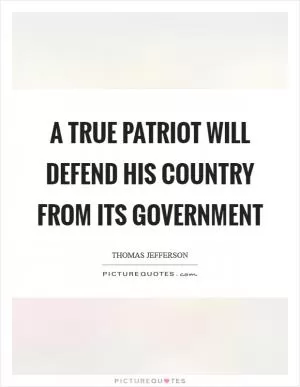
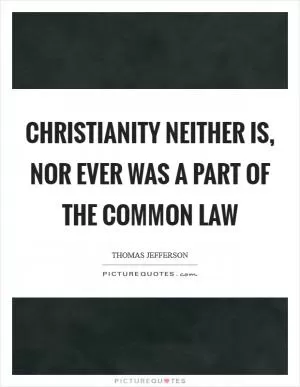
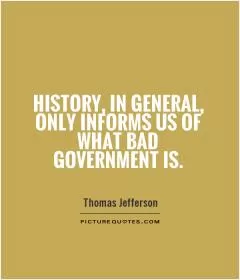
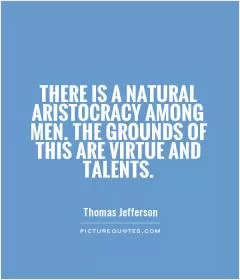

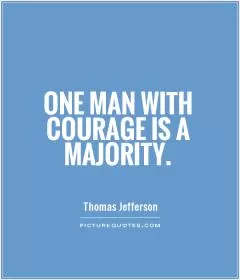
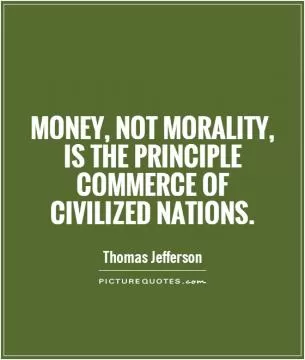
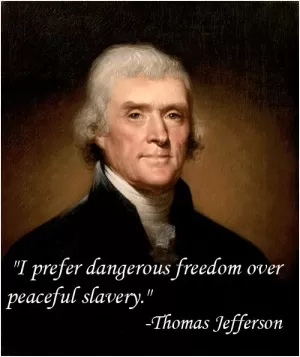
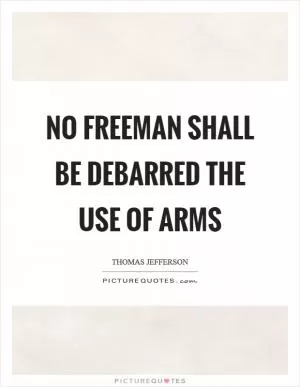
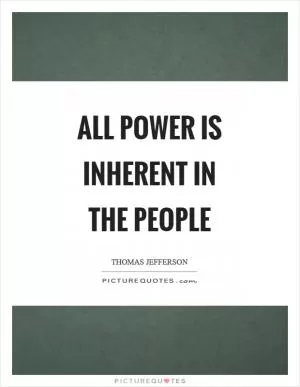
 Friendship Quotes
Friendship Quotes Love Quotes
Love Quotes Life Quotes
Life Quotes Funny Quotes
Funny Quotes Motivational Quotes
Motivational Quotes Inspirational Quotes
Inspirational Quotes